Vegan Nutrition
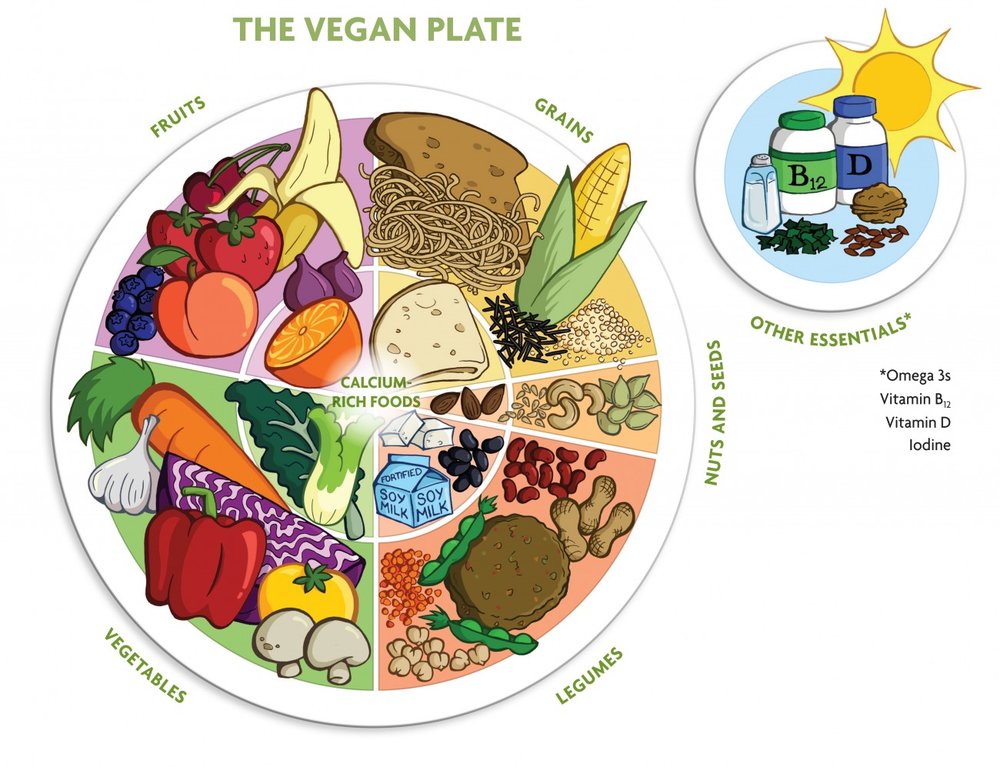
The vegan plate by The Vegan society
Macronutrients: protein, carbohydrates, fats
Micronutrients: vitamins, minerals
For anyone who wants to change their lifestyle, it´s important to know your why´s and to have some basic knowledge of plant based nutrition. You don’t have to know a lot, just a little so it´s easier to eat a well-balanced diet. Especially when we’ve been taught a certain way to live, and that lifestyle is causing chronic diseases, more cruelty to animals and is more harmful for the planet, than a plant based diet. I would suggest to take a blood test before changing your diet, because it is easier to make adjustments accordingly. It is not necessary, but it might be worth it. For example if you’re eating meat, but you still have low iron levels, it would be beneficial to eat a high iron, whole food plant based diet. It is also fun to do a blood test after for example a year to see the improvements especially in cholesterol, triglycerides, vitamin – and mineral levels ect. I’ve just finished a Vegan Nutrition Course, so I thought I´d share some key points with you. Here’s some important notes for thriving on a vegan diet. A well-balanced and well-planned vegan diet is healthy for all stages in life.
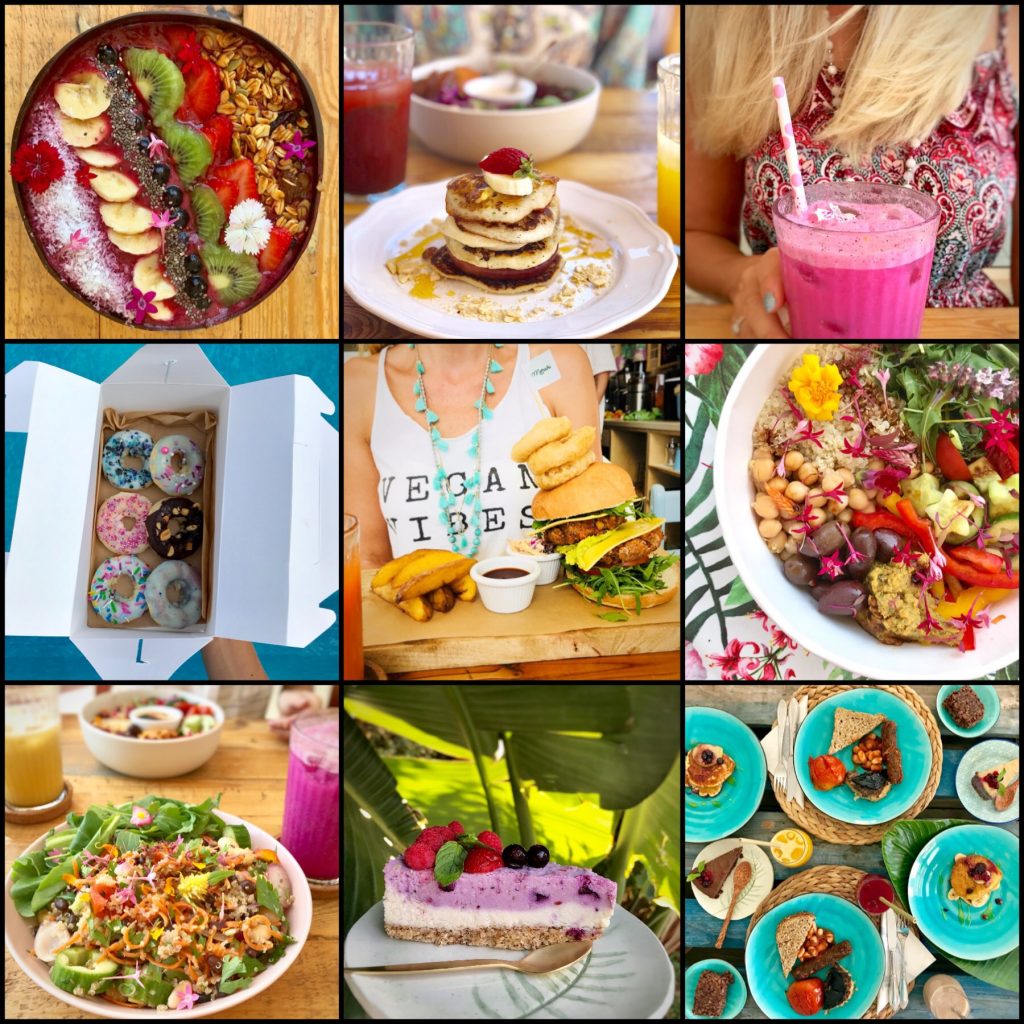
Your WHY´s are important when it comes to a lifestyle change. For me it was the ethical part of it that made the change easy, but also knowing that it is better for my health and for the environment too of course. After all we can’t survive without nature, but nature would survive without us. I would recommend to get educated, read research into all areas (ethical, health and environment), have a look at vegan recipes, get food inspiration, try some vegan swaps, watch footage/documentaries from what’s going on in animal agriculture, slaughterhouse footage is tough to watch, but when you know how the animals are treated, it is easier to take a stance against the cruelty instead of just looking away and continuing with old habits. And instead of binge watching series on Netflix, binge watch documentaries;) Here’s some good documentaries to watch if you’re not sure about why we all might need a lifestyle change. Pages like The Physicians Committee for responsible medicine and NutritionFacts is good for research and studies, nutrition, health topics, evidence based eating guide, audio podcasts and medical nutrition.
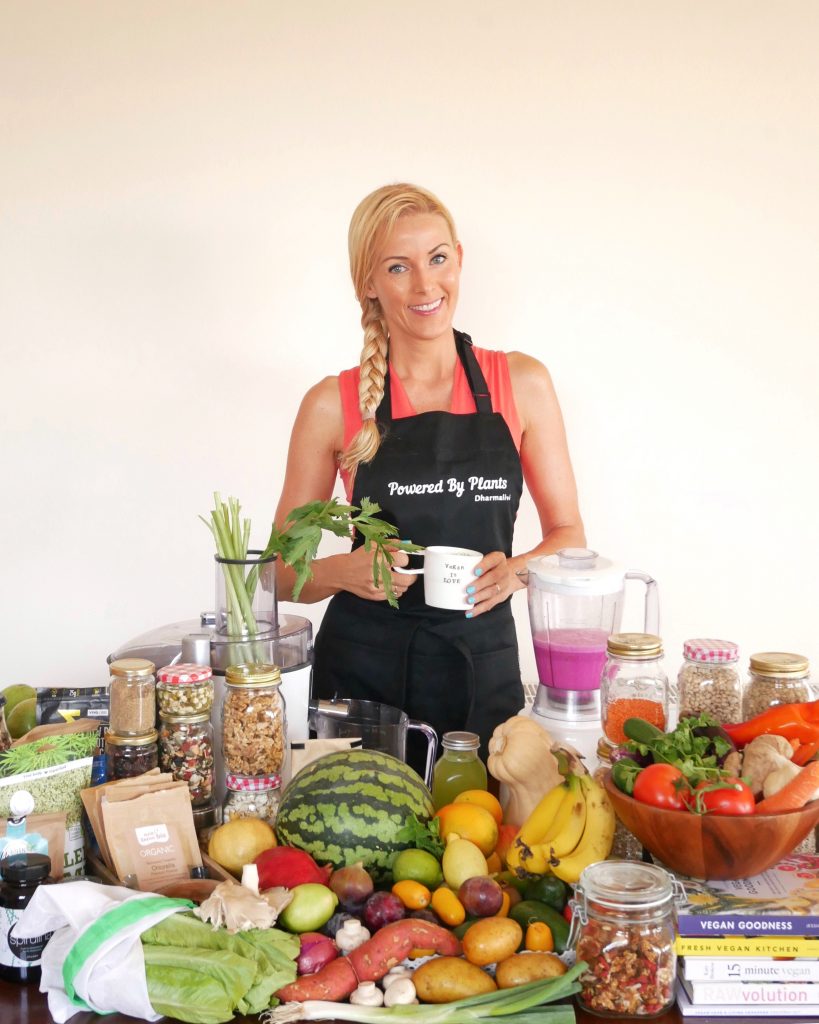
Protein need: 56 gram + for an average man, about 46 gram + for an average woman. (0.83 g per kg body weight) Some nutritionists recommend more than this. Proteins – also called the body’s building blocks are important to create and maintain muscles, skin, organs, hormones, enzymes, tendons and neurotransmitters. To eat the right amount of protein is important for energy production. A diet of a lot of meat and dairy products has generally TOO much protein, which is not good for you. A high protein diet (animal foods) makes it harder for your body to eliminate waste products of proteins and it can worsen kidney disease. Also the saturated fat in animal products can lead to a higher risk of heart disease and colon cancer.
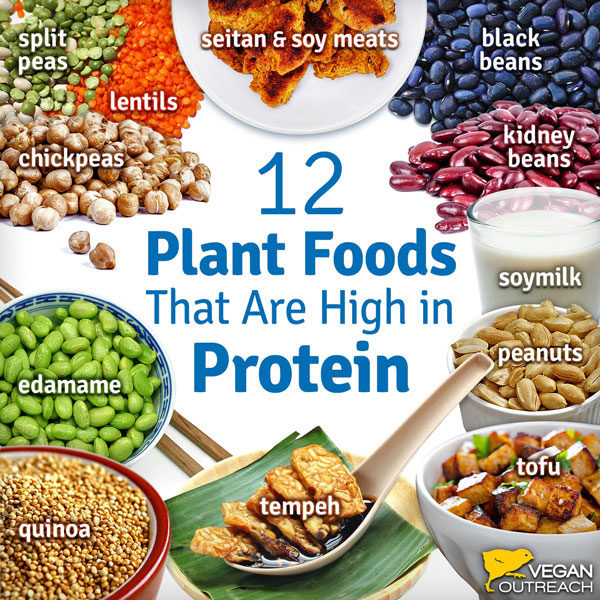
Calories: The average person needs around 2000 – 2500 calories (women 2000, men 2500. A greater number is needed when being more active). This guide is just intended as a rough guide to vegan macro – and micro nutrients, not like a “diet”. We know “diets” doesn’t really work long term. A lifestyle change works. Being vegan is a lifestyle, so it is not just what we eat. It is also not restrictive when you’re doing it for ethical reasons, because you don’t view animals as food. I’ve never counted calories, and probably won’t start now. But, it´s good to have some sort of knowledge in the back of your head, especially if you struggle with weight gain. Plant based foods have less calories than animal based foods, so you can actually eat more food! Great news for foodies;)
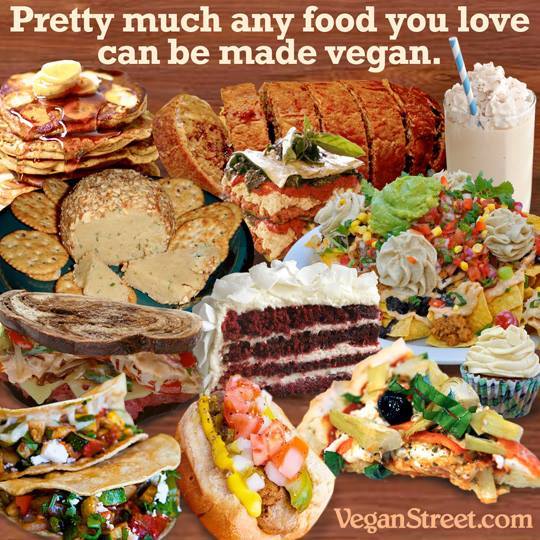
Iron need: 8 mg for men, 18 mg for women (19-50) Women after the age of 50 needs the same as men – 8 mg. Iron is important for the production of blood cells, conversion of food into energy, cognitive benefits and your immune system. Eating foods rich in vitamin C for increased absorption of iron.

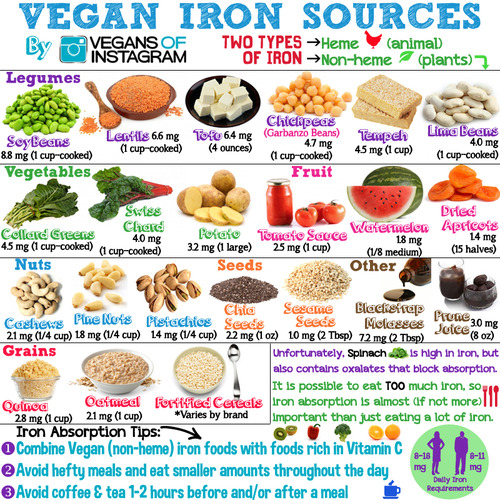
Calcium: (19-50 year old): 1000 mg. Calcium is important for bone health. Contrary to the beliefs – dairy is NOT the best source read here and here. Calcium enables our blood to clot, muscles to contract (including our heart). In our body Calcium and vitamin D work together. Vitamin D helps your body effectively absorb calcium whereas Calcium helps build and maintain bones.
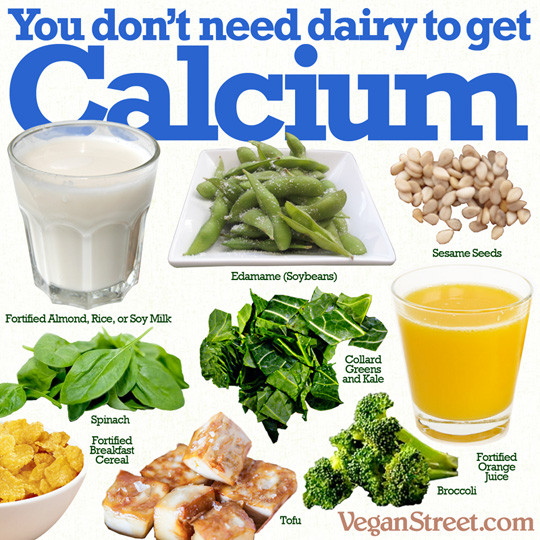
Omega 3´s: Both EPA and DHA at least 250-500 mg (supplement micro-algae) And ALA omega 3 = 1 tablespoon of chia seeds, flaxseeds, or 2 tbl hemp seeds a day. 1.1 g for women, 1.6 g for men each day. ALA is an essential fatty acid that your body can’t make, so you must get it from foods.
Omega 3´s are vital for our health. For heart health, skin health, eye health, fights autoimmune disorders, help against cognitive decline, fight inflammation, depression and anxiety.
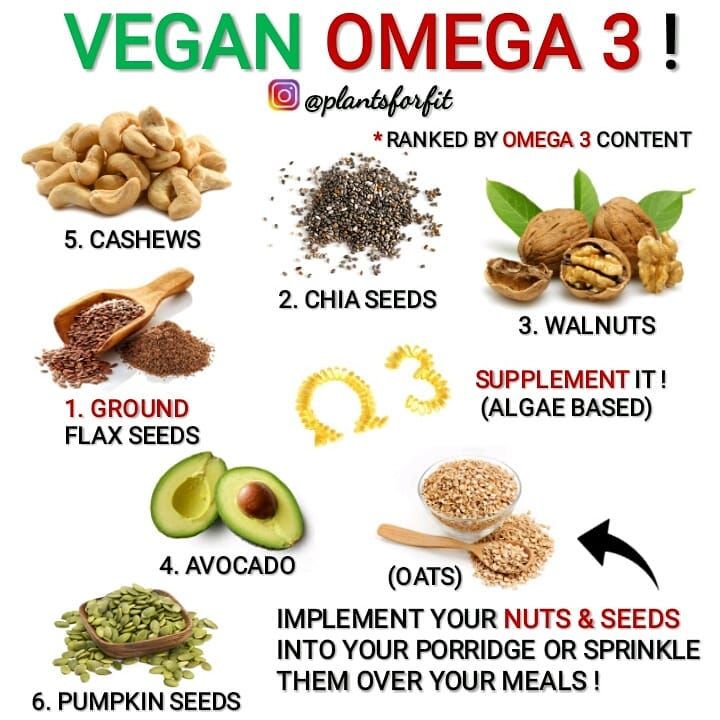
Omega 3 DHA + EPA: Algae oil may reduce your risk of heart disease, fatty acids can reduce inflammation and support brain and eye health, improve levels of some fats in the blood, and help with brain function. Algae oil is also more sustainable, doesn’t contribute to over-fishing of our oceans and contains less toxins than fish.
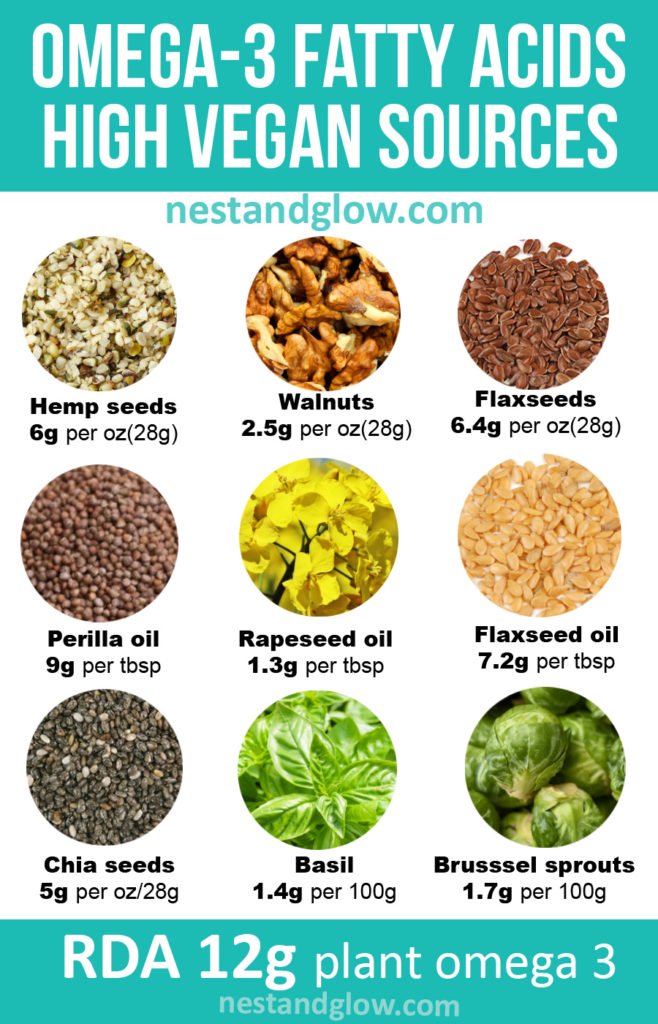
B-12: supplement and through fortified foods . B-12 is a microbe in the soil, which animals get through eating grass, but the ones eating soy feed f.ex in factory farming are supplemented, so most farmed animals are actually already supplemented with b-12. Cut the middle animal and take it yourself. Latest science discovery: B-12 has been found in water lentils. It is not exclusive to animal foods. Everyone both meat eaters and vegans should take b-12 after 50.
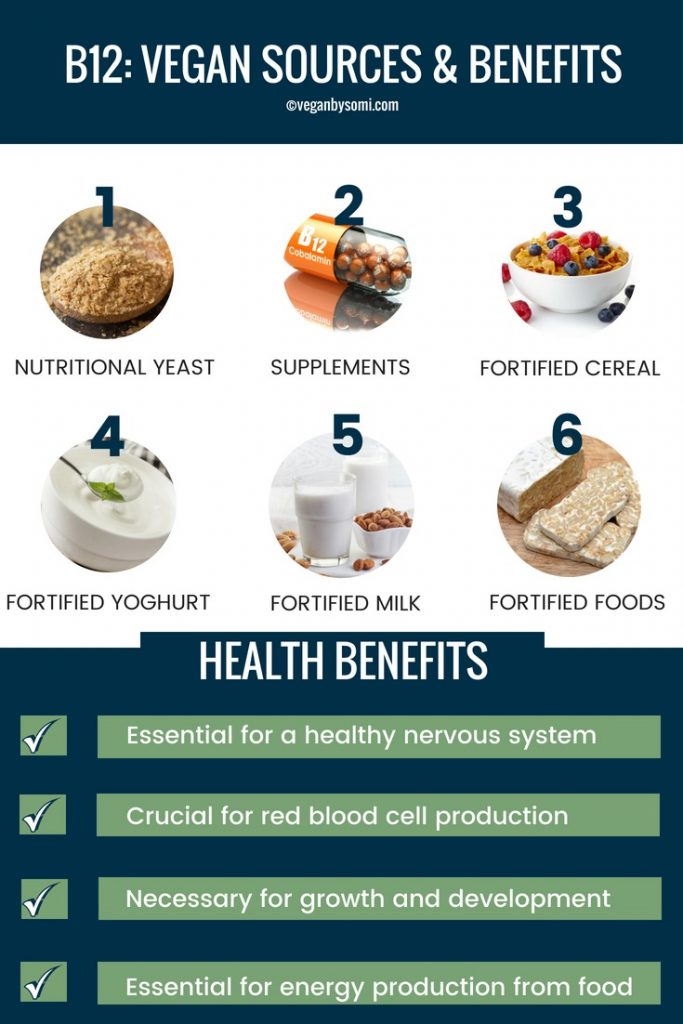
Iodine: for men and women over 19 year: 150 mcg. Iodine is an essential mineral, important for our metabolism, the production of thyroid hormones. You get iodine from iodized salt, seaweed (f.x kelp, nori, seaweed salad/wakame), other fortified foods, and also some vegetables has iodine, but it´s not easy to measure and it varies a lot depending on soil quality too. It´s good to include some crispy seaweed snacks and wakame regulary in your diet. Just 5 grams of crispy seaweed contains over half a days requirement.
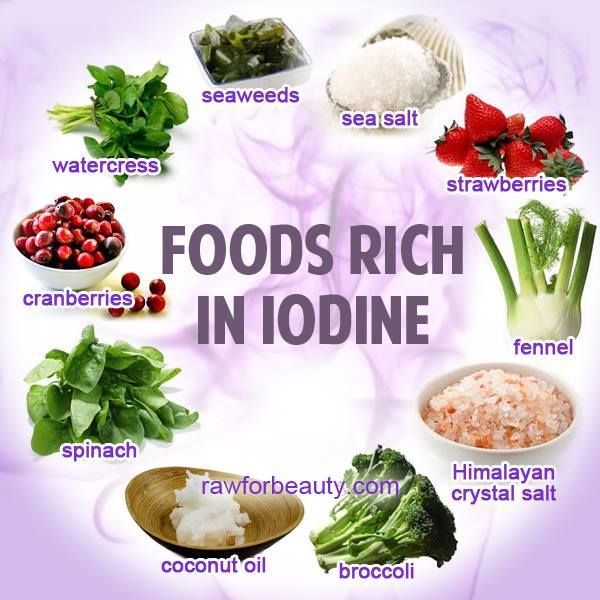
Vitamin D: We make vitamin D when our skin is exposed to sunshine. You can also get vitamin D from mushrooms (exposing mushrooms to sunlight – mushrooms make D-vitamin), eating fortified foods, tofu. Vitamin D is important for your immune system and important for normal growth and development of bones and teeth. Vitamin D helps your body effectively absorb calcium.
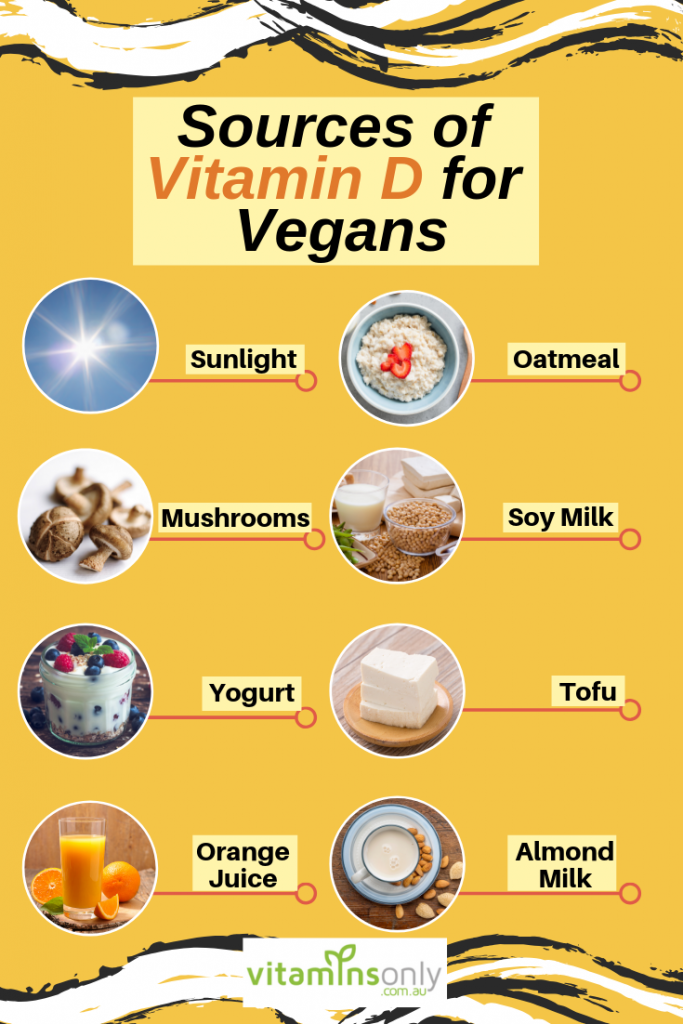
Fat: Monounsaturated and polyunsaturated fats (healthy fats), 65 gram healthy fat, no more than 30 gram saturated fat! Fats are important to maintain different functions in the body. They increase the level of serotonin in the nervous system, they help absorb vitamins (vitamin A, D, E require fat for absorption), healthy fats support brain health, memory, decrease the arthritis, contribute to eye health and heart health, can reduce blood pressure, prevent certain types of cancer – according to the latest research healthy fats can help fight against dementia and Alzheimer’s disease.
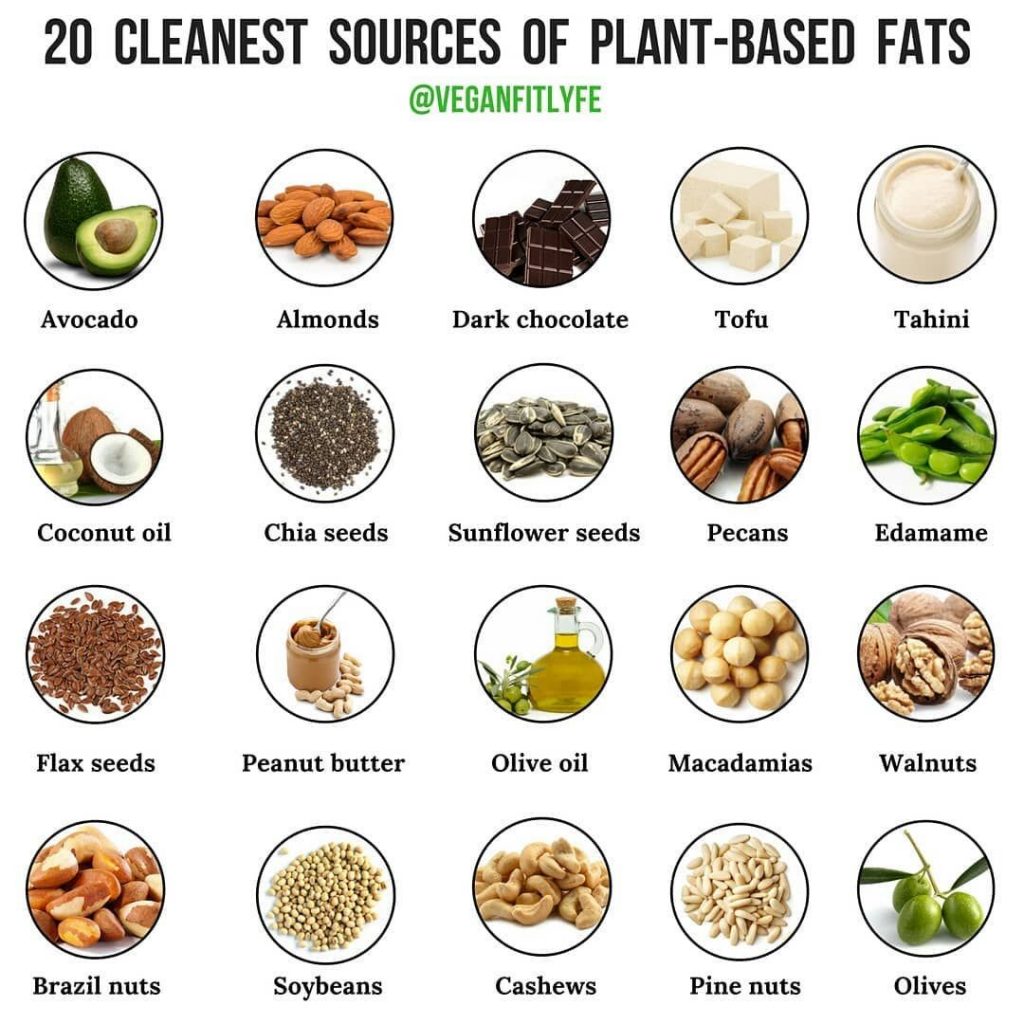
Carbohydrates: Roughly about 225 – 325 gram ++ for a 2000- 2500 calorie diet. Carbs play a role in a healthy vegan lifestyle, but is not as important as the other macronutrients (Protein and fat). It´s a great energy source and storage in the body.
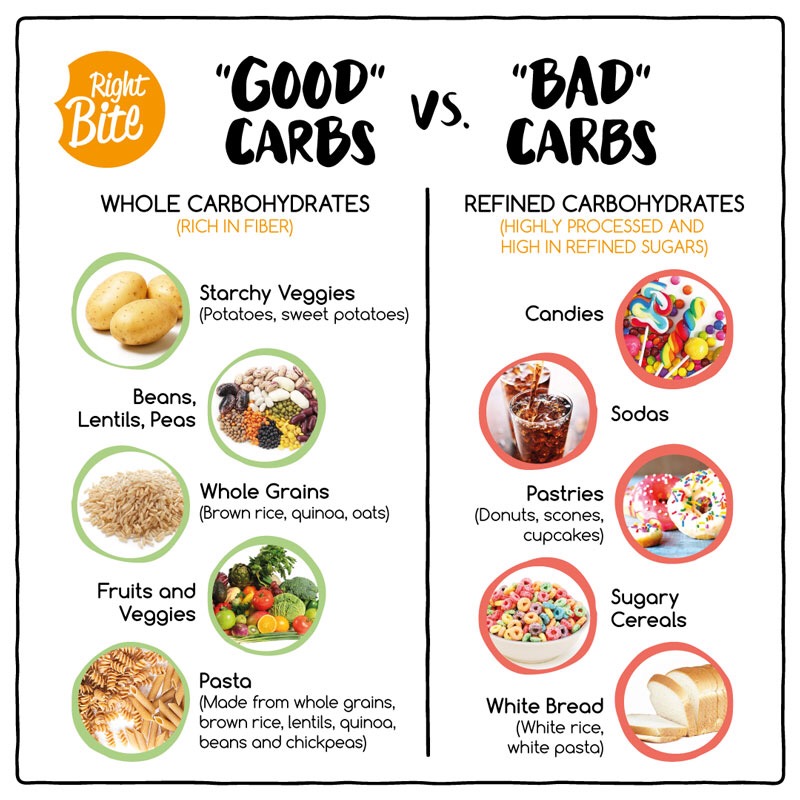
Zinc – Men 14 mg / Women 8 mg. Zinc is essential for skin health, the body’s immune system, for cell division, cell growth, wound healing, and the breakdown of carbohydrates and also needed for the senses of smell and taste.
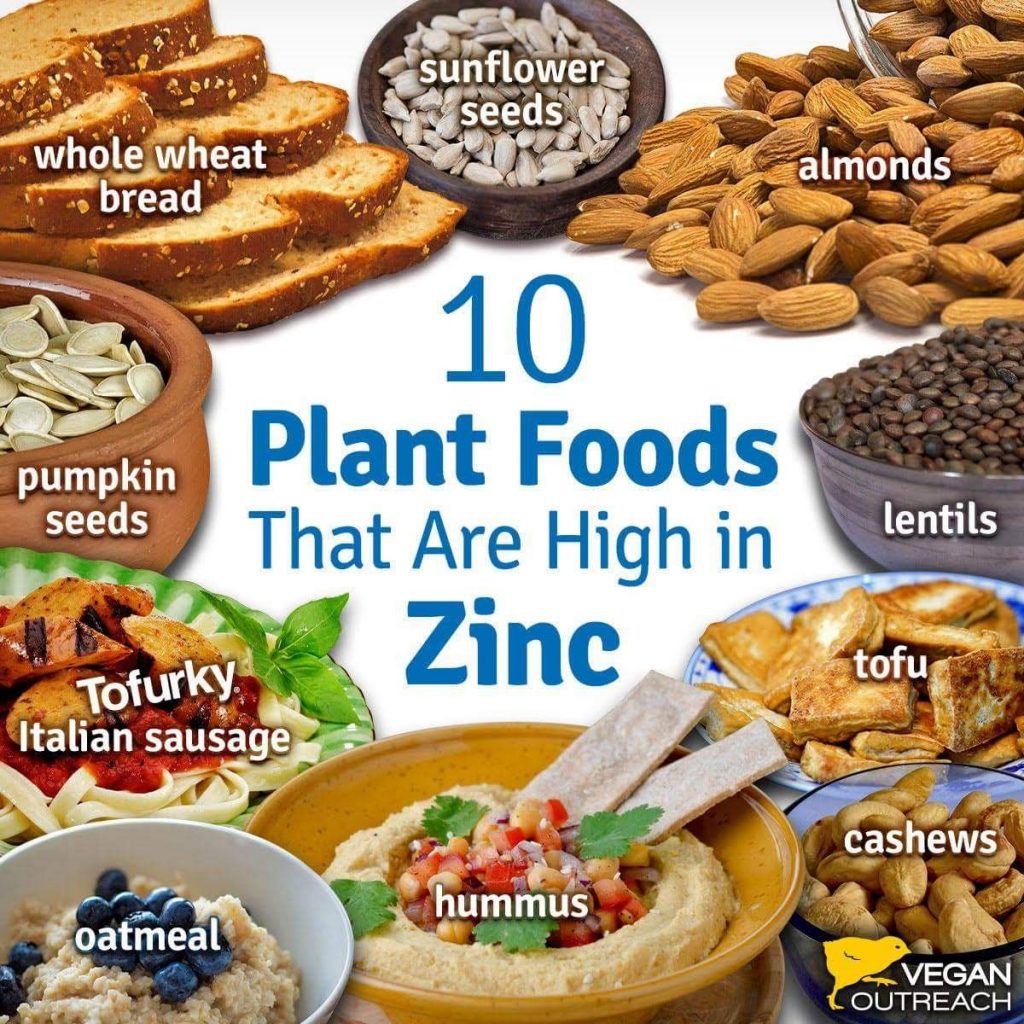
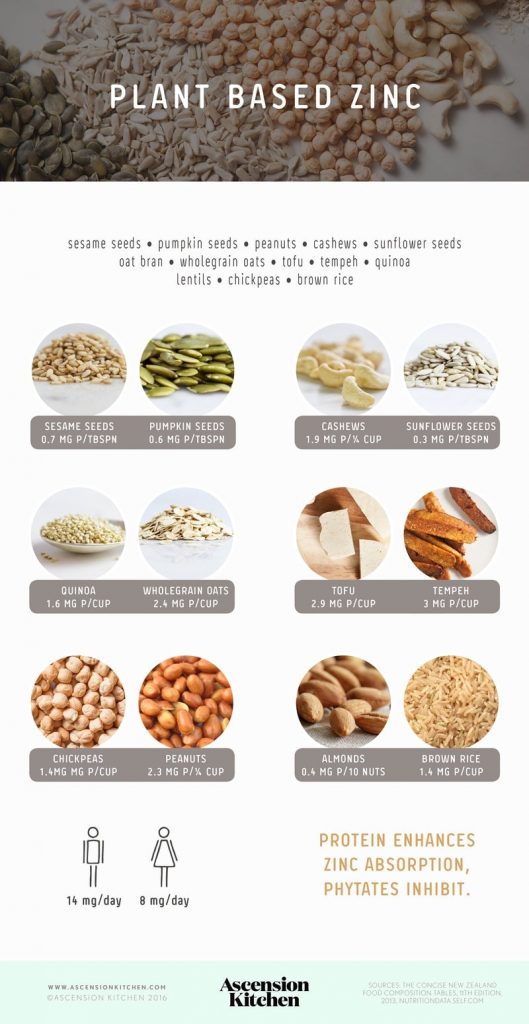
A healthy vegan diet is also rich in Magnesium – which is an important mineral for every cell in your body to function. It supports a healthy immune system, helps bone health, heart health, supporting muscle and nerve function and energy production. Magnesium also helps adjust blood glucose levels. As you see, it´s easy to increase your magnesium levels on a whole food vegan diet.
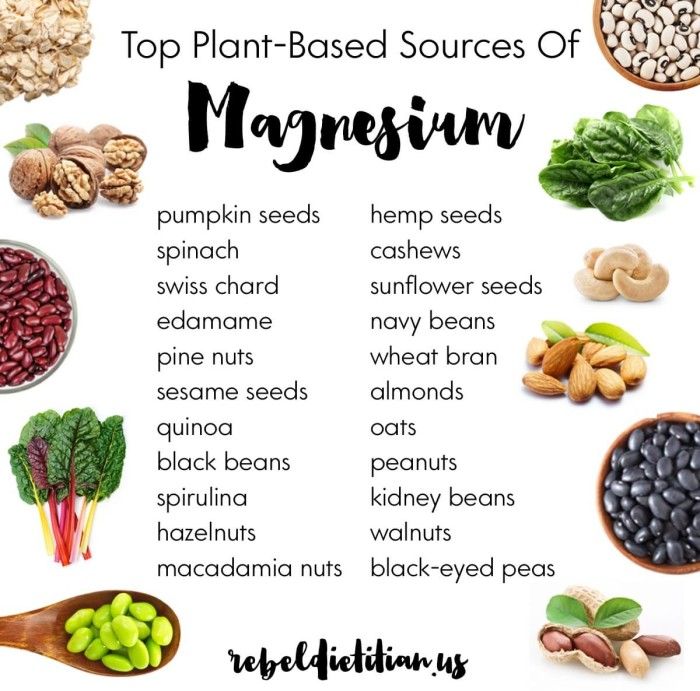
Tips for a healthy vegan diet:
A diet rich in fiber is good for digestion (colon health/healthier gut), lowering blood cholesterol, helps control blood sugar levels, and can reduce risk of diabetes.
Remember it takes about 3 weeks to adjust to higher fiber. Peppermint (herb/tea/essential oil helps with bloating). After the three weeks, your digestive system will thank you and you’ll never want to go back! 🙂 This is of course if you don’t have any diseases that makes it hard for your body to digest fiber! Remember to drink enough water too.
Eat lots of antioxidant rich foods for increased energy, immune system, skin health ect.
Eat fermented foods like tempeh, sauerkraut and drink kombucha to ease the increased fiber intake and aid digestion. Fermented foods is also a great source of vitamin K2 (There´s plenty of plant based sources of vitamin K1). Bananas are also good for your digestion.
Use good sources of protein and make sure you eat enough. Use more dried beans and lentils when you’re cooking to reduce sodium (soak and cook long enough, or if using canned goods, rinse well in water). Sprouting lentils for example is super healthy and is great to have on sandwiches, salads, garnish ect.
Eat healthy fats and up up foods that increase the good cholesterol HDL, and that are lowering the bad Cholesterol LDL. For example flaxseeds, chia seeds, beans, avocado, nuts – these foods contain lots of ALA omega 3. Eat seaweed and/or Algae oil for DHA +EPA. Minimize trans-fat.
Check out Dr.Gregers Daily Dozens – lots of tips/science/videos and how to include all you need on a plant based diet. Take vitamin b-12! When you’ve learned the basic, it is easy… I’ve only used it just as a guideline to which foods I should eat after unlearning all things we’ve been taught.
Make sure you get enough sunshine for your health too;) If you are not in the sun: D-vitamin. And some exercise too of course
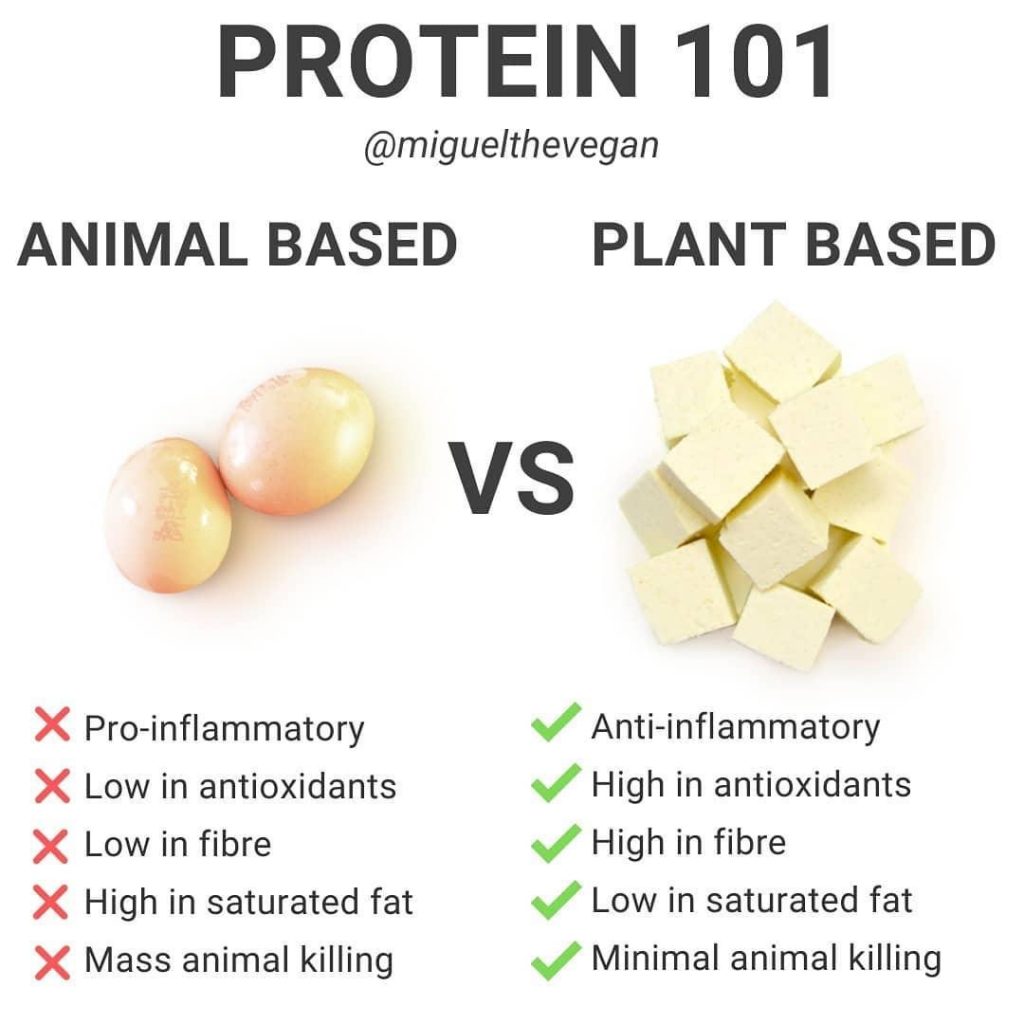
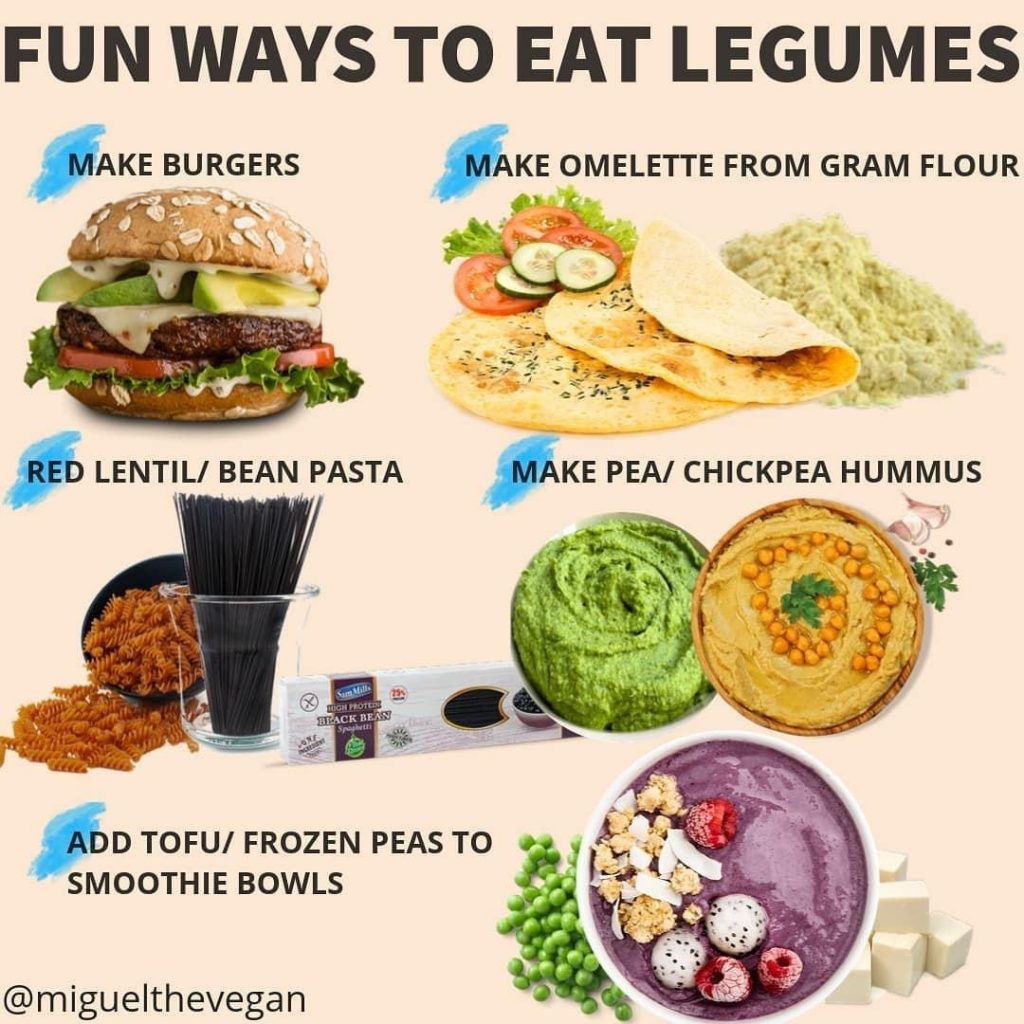
I wish you lots of happy, healthy foods and some not so healthy;) It´s called balance isn’t it? When you have an overall mostly healthy diet, it feels great to indulge in foods like nice creams, cakes, pizzas, burgers ect…just all vegan;)